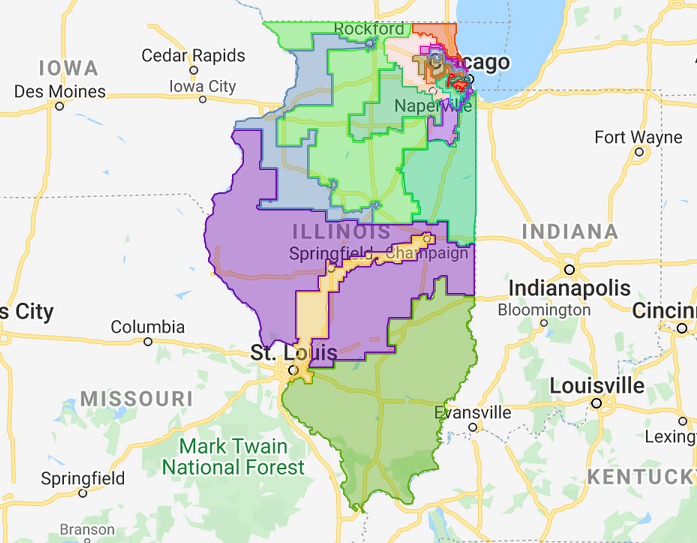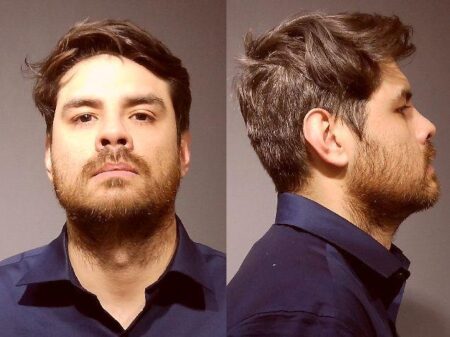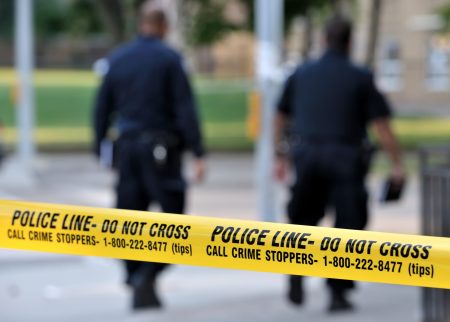Historically, the judicial branch has been largely deferential to the legislative branch when it comes to redistricting.
By PETER HANCOCK
Capitol News Illinois
A three-judge federal court panel on Friday set the week of Dec. 6 as the time it will hear three consolidated cases challenging the new legislative district maps that were drawn by Democrats and signed into law by Gov. JB Pritzker earlier this year.
During a status conference held by teleconference Friday, U.S. District Judge Robert M. Dow Jr., who presides over the panel, said that while not all of the logistics have been worked out, the hearing will most likely be held in-person in the ceremonial courtroom of the Dirksen Federal Building in Chicago.
State lawmakers approved the new maps during a special session in August following the delayed release of detailed 2020 U.S Census data. Pritzker signed them into law Sept. 24.
The maps establish the boundaries for all 118 districts in the Illinois House and 59 districts in the state Senate. But three groups of plaintiffs are suing in federal court arguing that the redistricting plan violates both the U.S. Constitution and the federal Voting Rights Act of 1965.
Each of the lawsuits claims that the new maps break up concentrated areas of minority voters who tend to vote as a bloc, thus depriving them of their right to elect candidates of their choice.
One lawsuit, filed by the Mexican American Legal Defense and Educational Fund, or MALDEF, focuses exclusively on largely Latino areas of Chicago and its southwest suburbs.
Another, filed by the East St. Louis Branch of the NAACP and other civil rights groups, argues that the new maps in East St. Louis and the Metro East region unfairly breaks up the Black voting population in Democratic Rep. LaToya Greenwood’s district in order to protect white Democratic incumbents in neighboring districts.
The other lawsuit, filed by Republican leaders of the General Assembly, Sen. Dan McConchie and Rep. Jim Durkin, along with their respective GOP caucuses, argues many of the same points as the other two cases.
All three lawsuits name the Illinois State Board of Elections, Senate President Don Harmon and House Speaker Emanuel “Chris” Welch as defendants.
Dow indicated that the case is being put on an expedited schedule in order to accommodate the 2022 election cycle. Under the current schedule, candidates can begin circulating nominating petitions on Jan. 13 and those petitions must be submitted to the State Board of Elections the week of March 7-14. In order to do that, though, candidates need to know what district they will be running in.
During Friday’s status conference, all of the plaintiffs agreed to submit their proposed remedies to the court by Wednesday, Nov. 10. That gives the defendants until Monday, Nov. 22, to file their response.
Sean Berkowitz, an attorney representing Harmon and Welch, said he does not intend to submit a new plan but instead will defend the maps passed by the General Assembly. An attorney for the State Board of Elections said she did not plan to submit any filings and would just “passively monitor” the proceedings.
Attorneys for each of the plaintiffs said they do not plan to redraw all 177 House and Senate districts but will focus only on the areas of the state they are contesting.
That would be the Metro East region for the NAACP, portions of Cook County for MALDEF, and both the Metro East and Chicago areas for the Republican plaintiffs.
In addition to Dow, the other two judges hearing the case are U.S. District Judge Jon DeGuilio, chief judge of the Northern District of Indiana, and Judge Michael B. Brennan of the 7th Circuit Court of Appeals.
phancock@capitolnewsillinois.com








